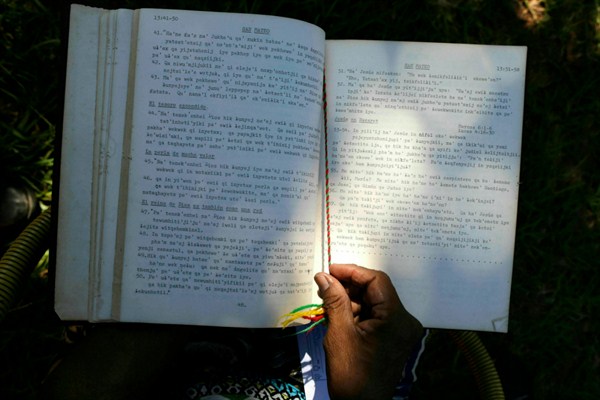Seven thousand indigenous languages are spoken around the world today, and four in 10 of them are in danger of going extinct, a recent United Nations study warned. After its release in August, U.N. experts called for a series of steps, including new laws and international commitments, to reverse what they described as the “historic destruction” of indigenous languages.
Researchers like the linguist Frank Seifart of Berlin’s Leibniz Center for General Linguistics, whose work includes a study of Carabayo, a language of indigenous people in the Colombian Amazon, have found that older speakers of a range of indigenous languages are refraining from passing the language on to their children. “When I say that one generation chooses to not pass on another language, the choice is of course never entirely free, but a response to all sorts of more or less explicit pressures, and in some cases outright violence and suppression,” Seifart said in an interview.
While that violence ranges from community to community, it often coincides with development and infrastructure projects and an increased focus on cultivating a singular national identity, according to Seifart’s research. Take the spike in deforestation in Brazil under President Jair Bolsonaro, which has raised international alarm as fires have spread across the Amazon. The deforestation in Brazil, to open up the rainforest for mining and agriculture, reflects an almost-routine process in which policymakers give precedence to industries rather than uphold environmental protections in the Amazon that are also supposed to safeguard indigenous rights. Indigenous people in Brazil have been routinely threatened, forced off of their lands or killed, leading to displacement and population declines that impede efforts to preserve their endangered languages.

